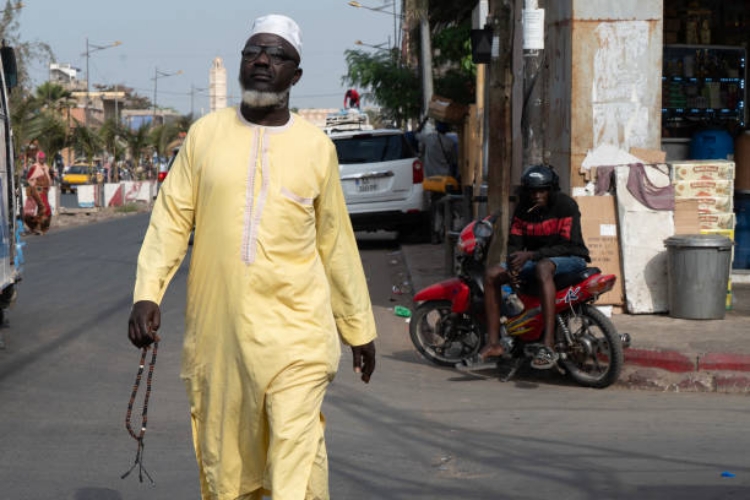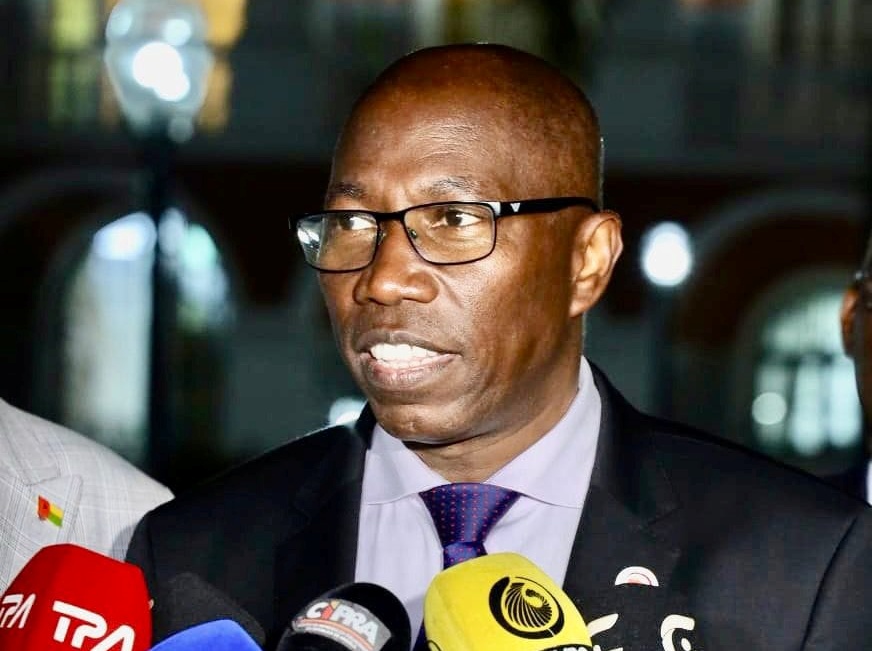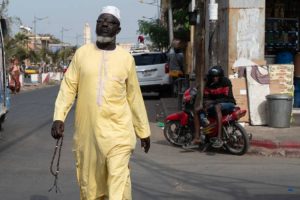Gambiaj.com – (Bissau, Guinea Bissau) – Guinea-Bissau’s Attorney General Fernando Gomes has confirmed that the country’s Supreme Court is poised to move forward with the prosecution of Domingos Simões Pereira, the country’s main opposition figure, in a long-standing case involving 34 billion CFA francs. The announcement comes less than three months before the presidential election scheduled for November 23, raising concerns about the political implications of the case.
Speaking to reporters after meeting with the interim president of the National Electoral Commission, Gomes explained that the African Court of Human Rights had dismissed Pereira’s petition (Case No. 12/2024), which alleged violations of his political rights and sought compensation from the state. The court’s decision effectively cleared the way for Guinea-Bissau’s Supreme Court to proceed with Case No. 02/2018, in which Pereira is a central figure.
“With the African Court’s rejection of the provisional measures, the path is clear for the trial of the 34 billion CFA francs case to begin,” Gomes declared, noting that if the ruling had favored Pereira, domestic proceedings would have faced significant obstacles.
Political Timing and Electoral Stakes
The decision is likely to reshape Guinea-Bissau’s political landscape at a critical moment. Pereira, leader of the African Party for the Independence of Guinea and Cape Verde (PAIGC), is widely seen as the most formidable challenger to President Umaro Sissoco Embaló in the upcoming polls. His potential prosecution raises questions about whether he will be able to run freely, or at all, in the election.
Critics argue that the timing of the case casts doubt on the independence of Guinea-Bissau’s judiciary, suggesting that legal proceedings may be used as a political tool to weaken opposition forces.
Supporters of the government, however, insist that the case is strictly judicial and stems from long-standing allegations of financial mismanagement that must be resolved regardless of electoral calendars.
Judiciary and Election Oversight
Gomes also emphasized that the Public Prosecutor’s Office has a constitutional responsibility to oversee the integrity of the electoral process, from voter registration to ballot counting. “The prosecutor’s office must exercise oversight throughout, including ensuring that voter rolls remain unalterable,” he stated.
Interim National Electoral Commission president M’Pabi Cabi echoed this point, noting that the Public Prosecutor’s Office plays a critical role in monitoring potential electoral crimes, particularly during the tabulation of results.
Both institutions stressed the need for coordination to maintain transparency in a country where contested elections have frequently triggered political crises.
As Guinea-Bissau approaches November’s election, the looming prosecution of Pereira could become a defining issue. If the opposition leader is brought to trial before or during the campaign, it may further polarize an already fragile political climate. On the other hand, a delay or suspension of proceedings might fuel perceptions of selective justice.
For now, the question remains whether Pereira will be allowed to contest the presidency unhindered, or whether his candidacy will be overshadowed—or even derailed—by the 34 billion CFA francs case.
The answer will likely shape both the credibility of the coming election and the stability of Guinea-Bissau’s democracy.










